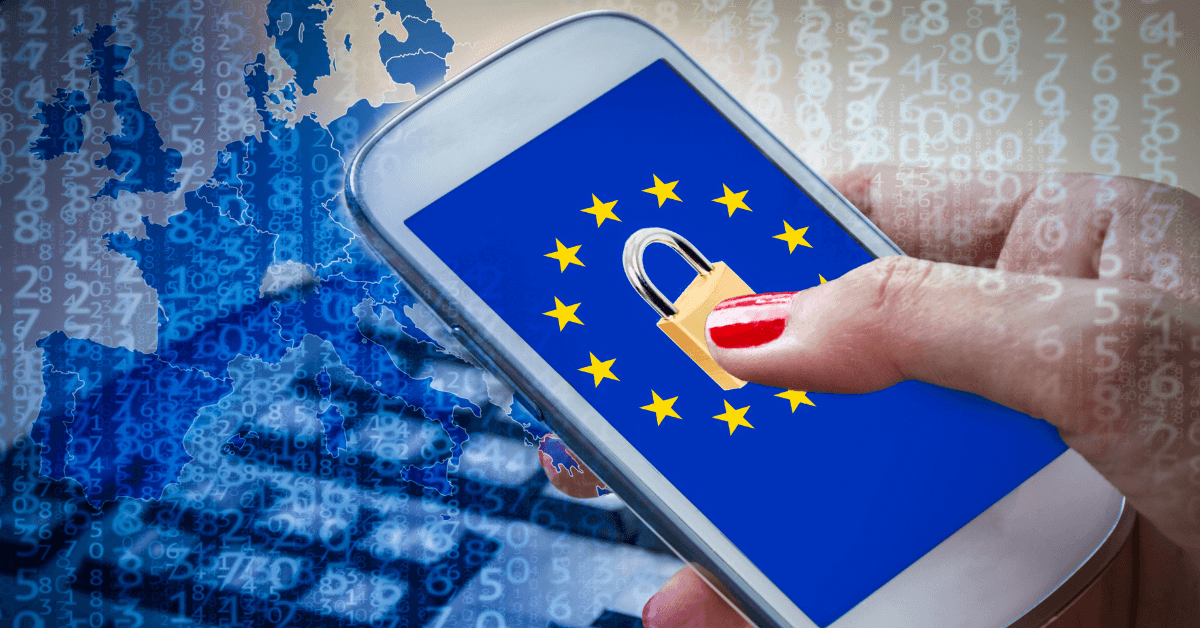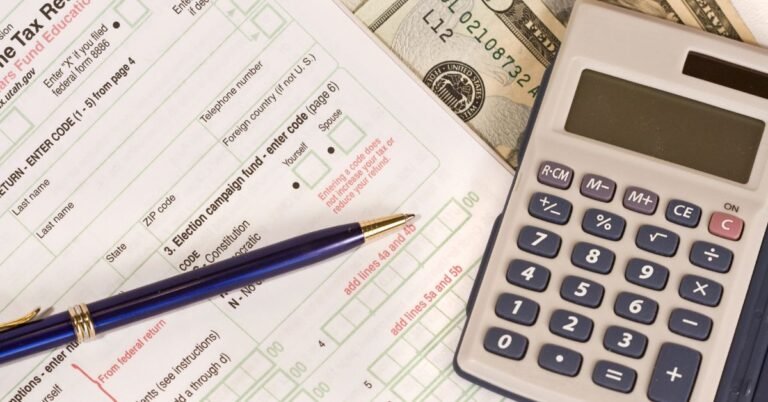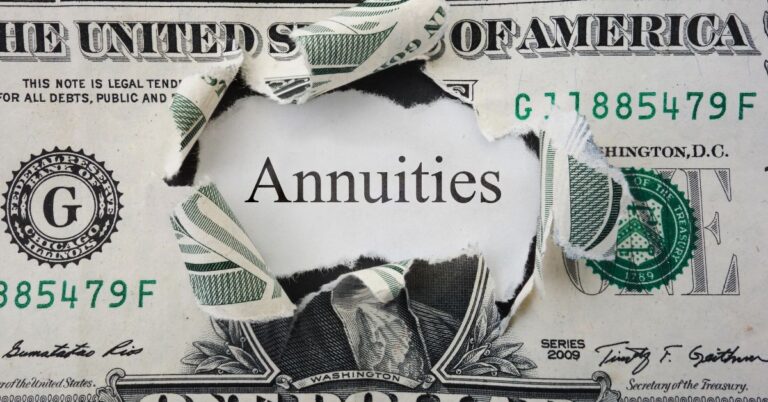Financial Privacy in the Digital Age: Protecting Your Personal Information and Wealth
In today’s digital age, protecting your financial privacy is more critical than ever. Cybercriminals are constantly on the lookout for ways to access your personal and financial information, which can lead to identity theft, fraud, or loss of wealth. Fortunately, there are steps you can take to safeguard your financial privacy and ensure your hard-earned money remains secure. In this blog post, we’ll explore the importance of financial privacy and share practical tips for keeping your personal information and wealth protected.
Why Financial Privacy Matters
Financial privacy is essential for several reasons. First and foremost, protecting your personal information helps prevent identity theft and fraud. When cybercriminals gain access to your personal data, they can use it to open new accounts in your name, make unauthorized transactions, or even steal your entire identity. Additionally, maintaining financial privacy helps protect your wealth from potential threats, such as lawsuits or divorce proceedings.
Tips for Protecting Your Financial Privacy
Use Strong, Unique Passwords
One of the simplest ways to protect your financial privacy is by using strong, unique passwords for all your online accounts. Avoid using easily guessed passwords, such as your name, birthdate, or common words. Instead, use a combination of upper and lowercase letters, numbers, and special characters to create a strong, unique password. Consider using a password manager to help you generate and store secure passwords for all your accounts.
Enable Two-Factor Authentication
Two-factor authentication (2FA) adds an extra layer of security to your online accounts by requiring a second verification method, such as a fingerprint, a text message code, or an authentication app. Enable 2FA on all your financial accounts, including banks, credit cards, and investment platforms, to enhance your financial privacy.
Monitor Your Accounts Regularly
Regularly monitor your financial accounts for suspicious activity or unauthorized transactions. Set up account alerts to notify you of any unusual activity or large transactions. If you notice any unauthorized transactions or suspect your financial privacy has been compromised, contact your financial institution immediately to resolve the issue.
Be Cautious with Public Wi-Fi
Public Wi-Fi networks can be convenient, but they are often insecure and can expose your personal information to hackers. Avoid accessing your financial accounts or conducting sensitive transactions on public Wi-Fi networks. If you must use public Wi-Fi, use a virtual private network (VPN) to encrypt your internet connection and protect your data.
Protect Your Devices
Keep your devices secure by installing reputable antivirus software, keeping your operating system up to date, and using a firewall to protect against unauthorized access. Be cautious when downloading apps or clicking on links, as these can sometimes contain malware designed to steal your personal information.
Safeguard Your Social Security Number
Your Social Security number is one of the most valuable pieces of information for identity thieves. Keep your Social Security card in a safe place, and only share your number when absolutely necessary. Be cautious when providing your Social Security number online, and always verify the legitimacy of the website or organization requesting it.
Shred Sensitive Documents
Dispose of sensitive documents, such as bank statements, credit card offers, or tax forms, by shredding them before discarding. This helps prevent identity thieves from accessing your personal information through dumpster diving or mail theft.
Keep Your Personal Information Private
Be mindful of the personal information you share on social media or online forums. Cybercriminals can use this information to answer security questions or gain access to your accounts. Adjust your privacy settings on social media platforms, and think twice before sharing sensitive information online.
Conclusion
Protecting your financial privacy in the digital age requires vigilance and proactive measures. By following these tips, you can safeguard your personal information and wealth from potential threats. Remember that maintaining financial privacy is an ongoing process that requires regular attention and effort. Stay informed about the latest cybersecurity threats and best practices, and continually reassess your privacy measures to ensure they remain effective. By taking these steps, you’ll be well on your way to enjoying greater financial security and peace of mind in today’s increasingly digital world.









